Supported by the ECR Research Culture and Community Grant, the SPROUT Network hosted its second collaborative hybrid event at BU’s Fusion Building on Tuesday 17 February 2026. What does it mean to be a “sustainable” researcher? Does it refer to the topics being studied, or the way researchers live their lives while conducting that work? The session brought together PGRs, ECRs, and supervisors from Bournemouth, Cardiff, and Durham Universities to tackle these very questions.
Building Momentum: The Three Pillars
Following the foundation laid during the network’s inaugural session in November, this second event moved the conversation forward. Shifting the focus from what is researched to how researchers work and sustain themselves.
The organisers structured the day around three core pillars:
- Sustainability as Practice: Exploring how research is designed and carried out, from initial focus and methodology to eventual impact
- Sustainability as Culture: Examining how research environments and institutional structures shape what is possible and what is valued within academia
- Sustainability as Research Lives: Focusing on the human element, sustaining the “researcher self” and professional communities over the long term
Keynote Insights: Practice and Resilience
The network was honoured to welcome two keynote speakers who offered unique, complementary perspectives.
Professor Fiona Cownie framed sustainability as an active choice enacted through doctoral work. Introducing the “Sustainability Triangle,” challenging researchers to balance their Choices (topics and methods) against external Constraints (time and resources) and the necessity of Compromise without losing professional integrity.

Keynote speaker Professor Fiona Cownie discussing the vital role of sustainability in doctoral research practice during the SPROUT Network hybrid event
Professor Sara Ashencaen Crabtree then explored the human realities of academic work, arguing that sustainable research depends on sustainable research lives. Sharing a moving reminder from poet William Stafford: “There’s a thread you follow… While you hold it you can’t get lost,” emphasising the need for a stabilising sense of purpose to navigate the pressures of contemporary research culture.
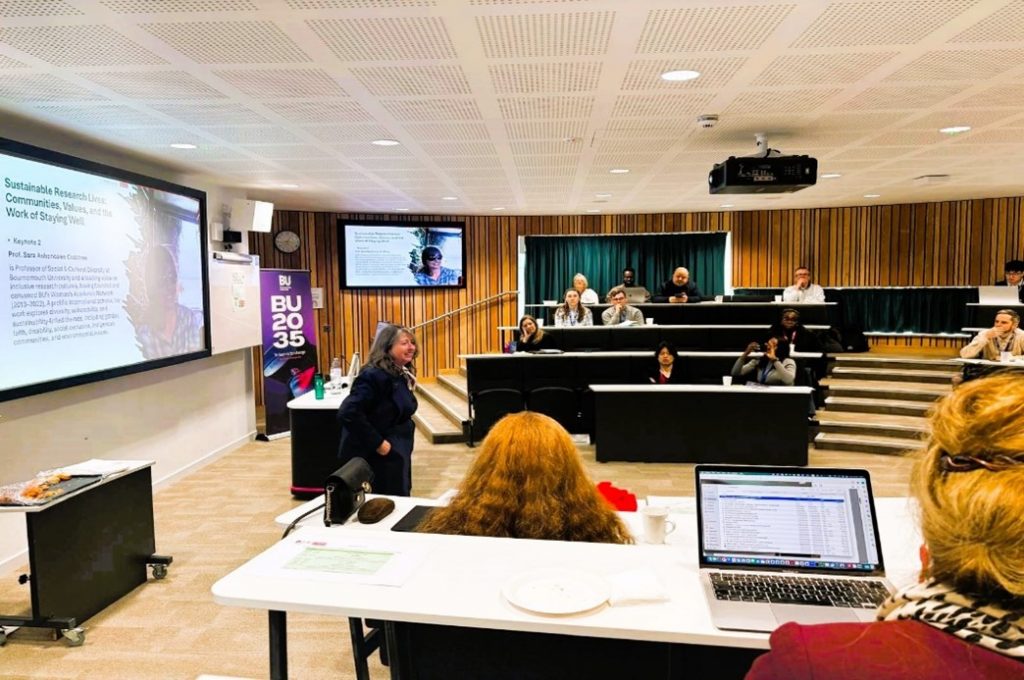
Professor Sara Ashencaen Crabtree sharing reflections on care, resilience, and the ‘researcher self’ during her keynote session
A Milestone for Organisers: Leadership and Growth
For the SPROUT team, coordinating a multi-institutional, hybrid event was a significant milestone in professional development.
The session was led by a dedicated team:
PGR/ECR Leads: Mosopefoluwa Akinrinmade, Ibrahim Awawdeh, and Kasongo Shutsha.
Academic Leads: Dr Tahani Mohamed (Bournemouth), Dr Julie Gwilliam (Cardiff), and Rosalind Beaumont (Durham).
Reflecting on the impact of the grant, Dr Tahani Mohamed noted:
“The funding enabled the network to deliver a high-impact event that moved beyond ‘business as usual.’ It allowed the team to create a generous and thoughtful space where ECRs and PGRs felt safe to discuss the structural and personal factors that shape their careers. Facilitating these ‘deep conversations’ has significantly increased our confidence in leading research culture initiatives.”
Managing the grant funds and coordinating across three universities provided the leads with invaluable experience in leadership, multi-site logistics, and cross-university advocacy.
Impact and Future Growth
The event demonstrated a clear interest for community-based research culture initiatives. Feedback from the community highlighted the importance of this space:
“I am so thankful for such a group existing within BU… which focuses on sustainability in research. The meeting was really valuable and the two speakers were inspirational.”
The SPROUT community continues to grow because researchers find value in returning. Future sessions are already being planned to cover sustainable funding strategies, research methods, and interdisciplinary collaboration. 
Stay Connected
To join the SPROUT mailing list or Teams group, please contact sprout@bournemouth.ac.uk or reach out to Dr Tahani Mohamed at tmohamed@bournemouth.ac.uk
Apply for the ECR Research Culture and Community Grant
Do you have an idea for an event or initiative that could strengthen the research culture at BU? We invite you to follow in the Sprout Team’s footsteps and apply for funding to bring your project to life.
Find out more and submit your application here: Research Culture and Community Grant
Closing Date 4pm, Monday 9 March 2026
If you would like to discuss your ideas before submitting your application, please contact Enrica Conrotto, Researcher Development Manager, at researcherdevelopment@bournemouth.ac.uk
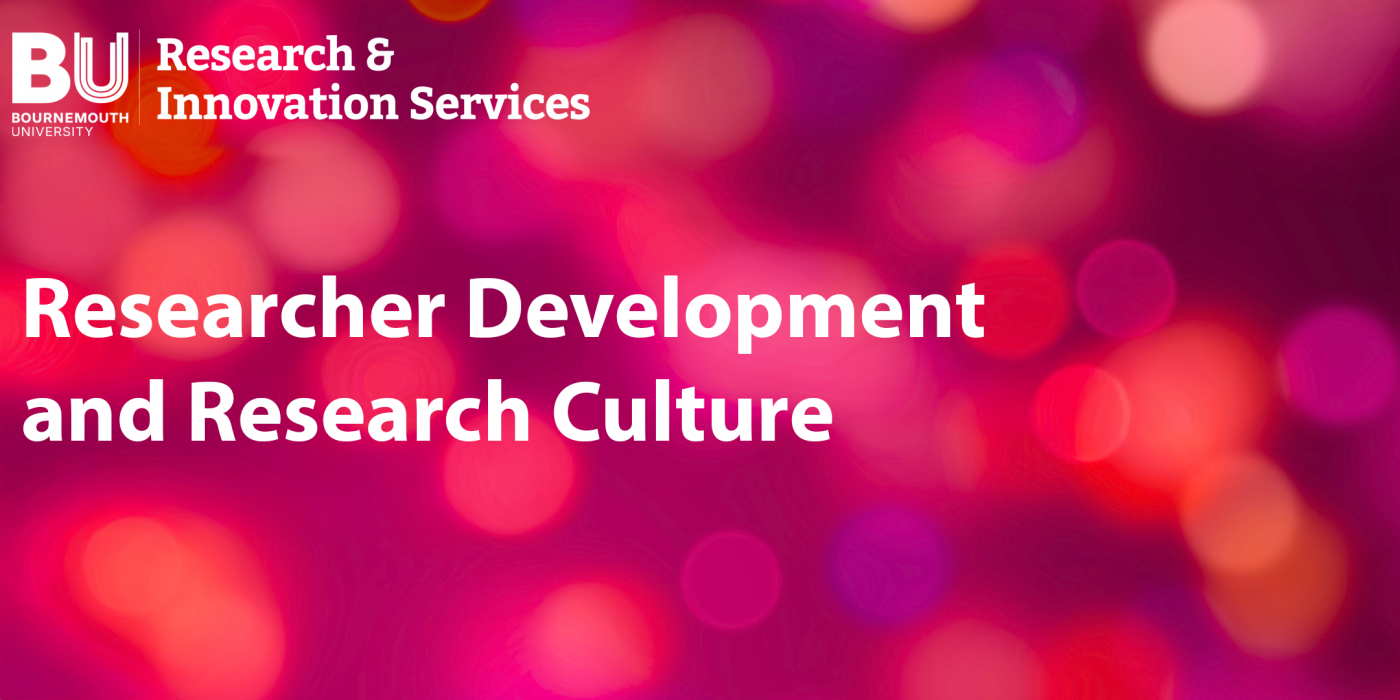
 Building on the success of the first SPROUT event in November 2025, registration is now open for the next session in the series.
Building on the success of the first SPROUT event in November 2025, registration is now open for the next session in the series.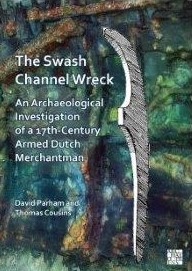



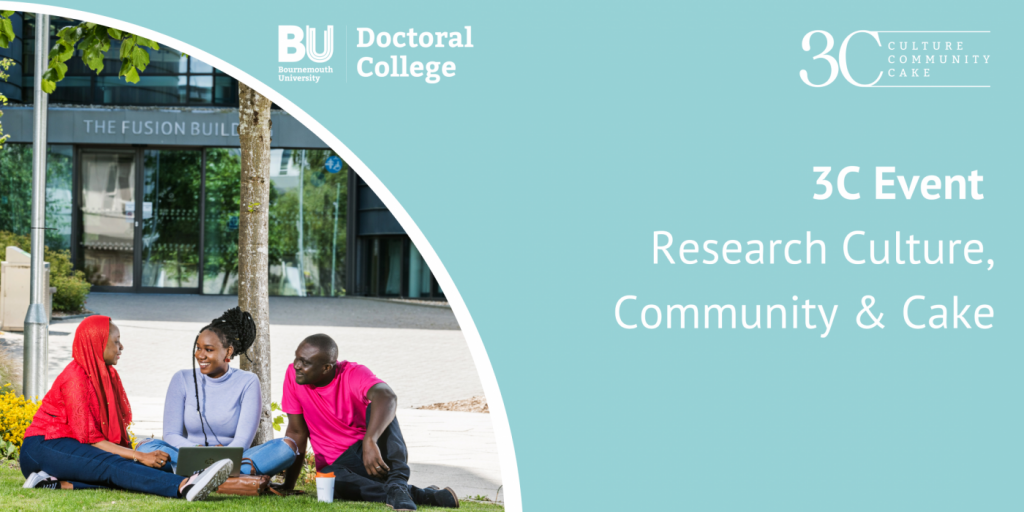
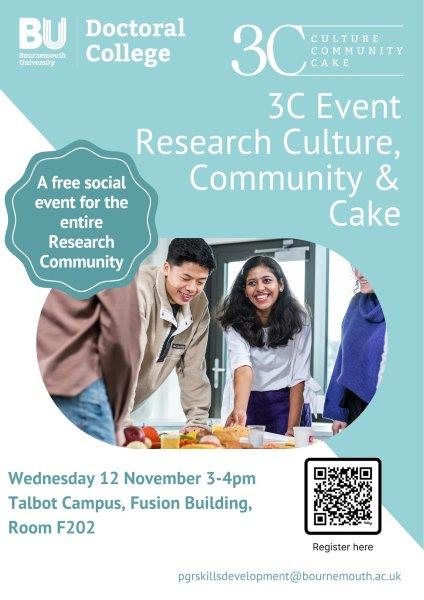
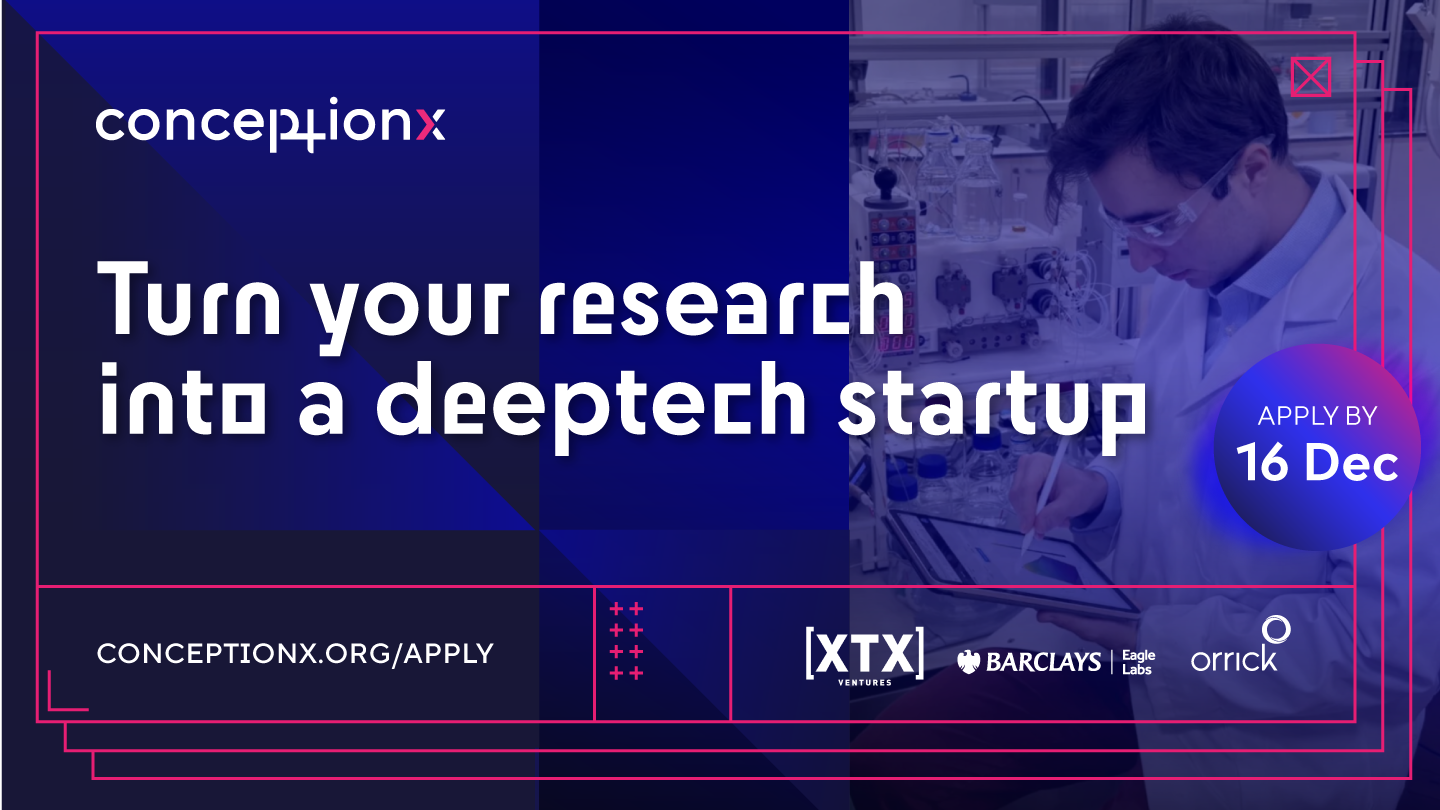





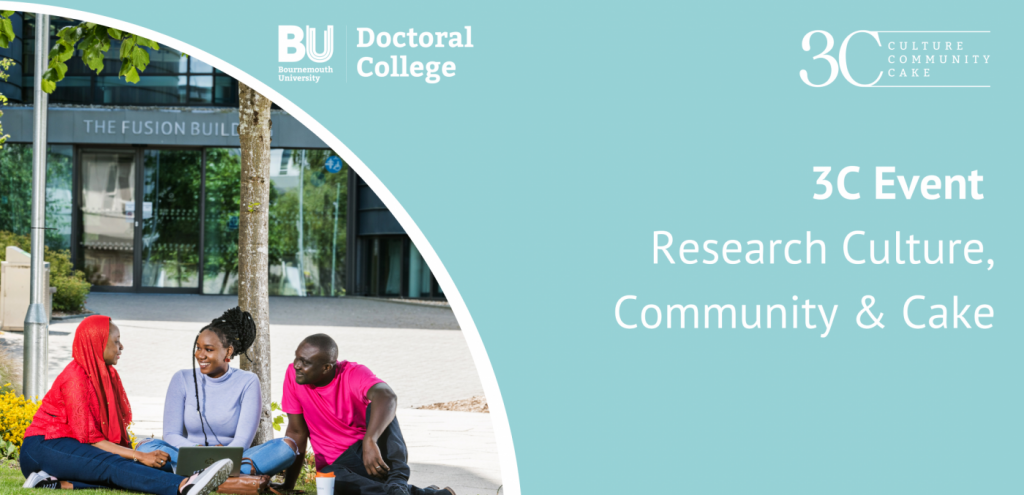



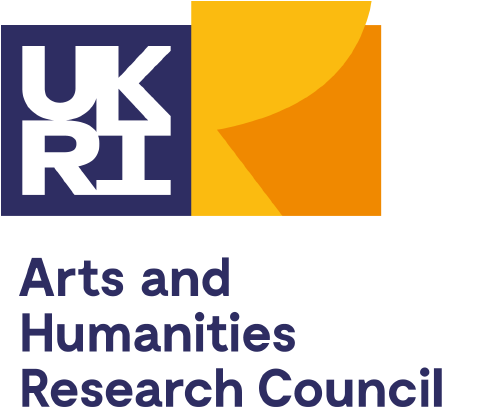

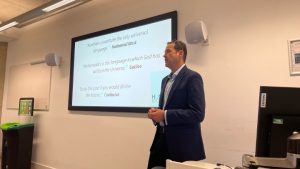
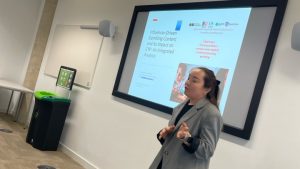
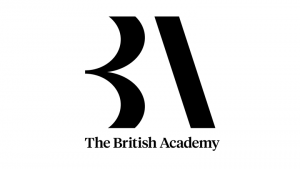











 New CMWH paper on maternity care
New CMWH paper on maternity care From Sustainable Research to Sustainable Research Lives: Reflections from the SPROUT Network Event
From Sustainable Research to Sustainable Research Lives: Reflections from the SPROUT Network Event REF Code of Practice consultation is open!
REF Code of Practice consultation is open! ECR Funding Open Call: Research Culture & Community Grant – Apply now
ECR Funding Open Call: Research Culture & Community Grant – Apply now ECR Funding Open Call: Research Culture & Community Grant – Application Deadline Friday 12 December
ECR Funding Open Call: Research Culture & Community Grant – Application Deadline Friday 12 December MSCA Postdoctoral Fellowships 2025 Call
MSCA Postdoctoral Fellowships 2025 Call ERC Advanced Grant 2025 Webinar
ERC Advanced Grant 2025 Webinar Update on UKRO services
Update on UKRO services European research project exploring use of ‘virtual twins’ to better manage metabolic associated fatty liver disease
European research project exploring use of ‘virtual twins’ to better manage metabolic associated fatty liver disease